Art-Literature for Social Change and Annabhau’s Struggles and Contributions
As we celebrate the birth centenary of Tukaram (Annabhau Sathe) we not only see the relevance of his writings at that time but even today.
India’s oldest Socialist Weekly!
Editor: Dr. G.G. Parikh | Associate Editor: Neeraj Jain | Managing Editor: Guddi

As we celebrate the birth centenary of Tukaram (Annabhau Sathe) we not only see the relevance of his writings at that time but even today.

Rachakonda Viswanatha Sastri (Raavi Sastri) (30 July 1922 – 10 November 1993), India’s Gorky, was a great Telugu writer whose birth centenary celebrations are presently going on in Telugu states. Reviewing the works of Ravisastri is like doing a social audit, said one judge.

Mahatma Gandhi said about Basaveshwara, “Eradication of untouchability and dignity of labour were among his core concepts. One does not find even a faint shade of casteism in him. Had he lived during our times, he would have been a saint worthy of worship.”
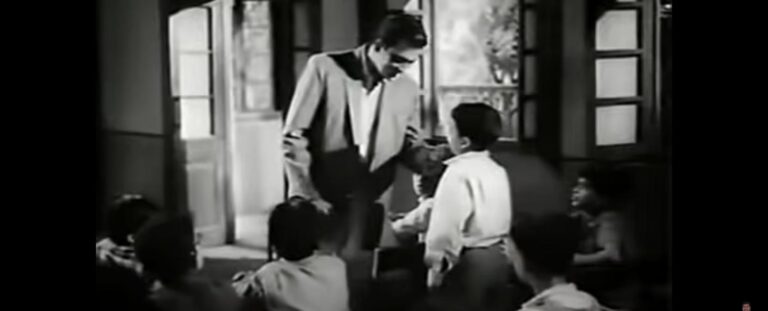
Sahir’s lyrics for the Hindi film ‘Didi’ (1959) continue to have great contemporary relevance.
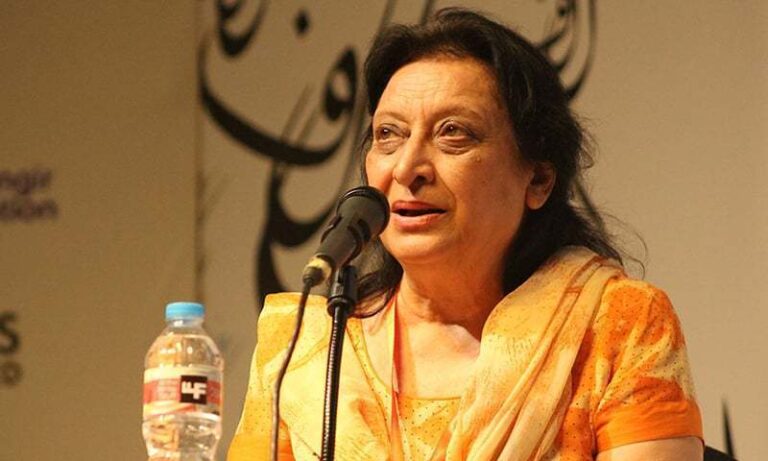
English translation of Pakistani poet, human-rights activist and feminist, Fahmida Riaz, oft-quoted nazm, “Tum bilkul hum jaise nikle”.
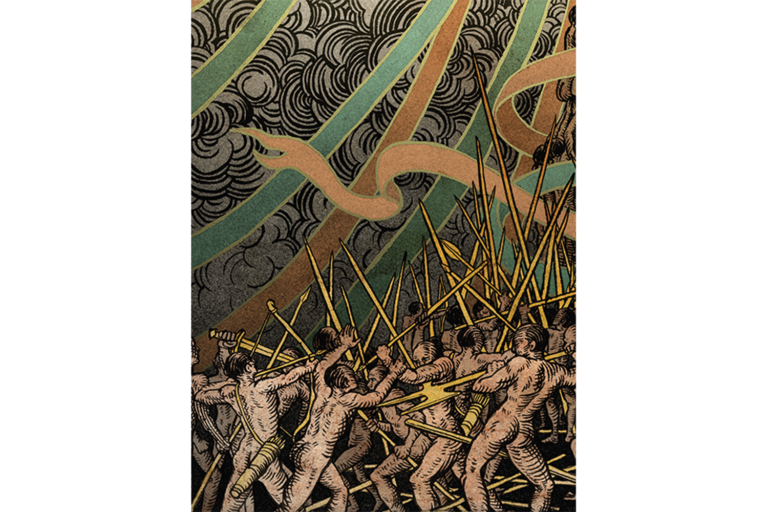
The high level of killing often reported in history or later archaeology is contradicted in the earliest archaeological findings around the globe. The most ancient bones and artifacts are consistent with the title of Margaret Mead’s 1940 article: “Warfare Is Only an Invention—Not a Biological Necessity.”
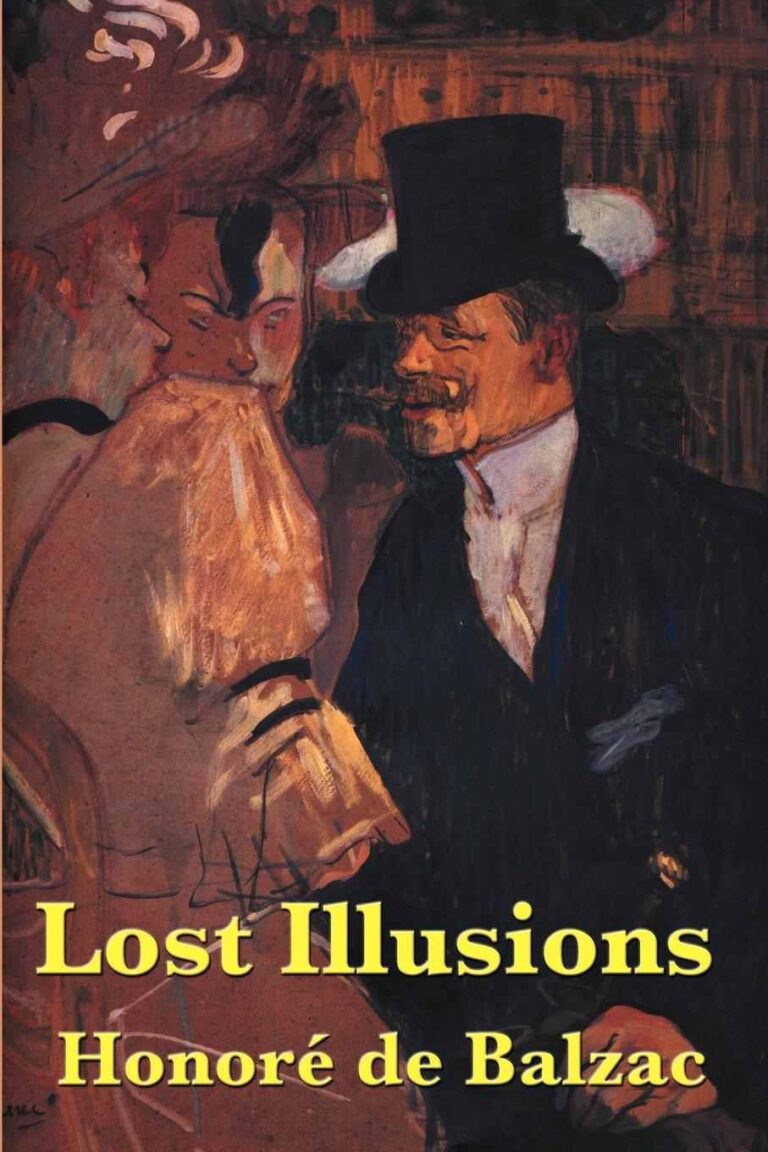
Lost Illusions by French author Honoré de Balzac (1799-1850) is a monumental novel, a turning point in modern literature. Xavier Giannoli has done a remarkable job of interpreting and adapting it into a film of the same title.

In 1955, ten years after the U.S. dropped an atom bomb on Hiroshima (Japan), the Turkish poet Nâzim Hikmet wrote a poem in the voice of a seven-year-old girl who died in that terrible act.
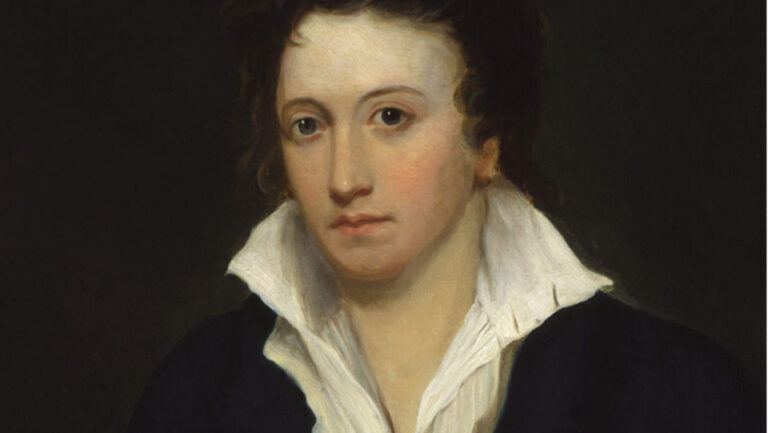
Next to Burns, Shelley had the greatest influence on 19th-century working-class literature in England. His vision applies undiminished today.
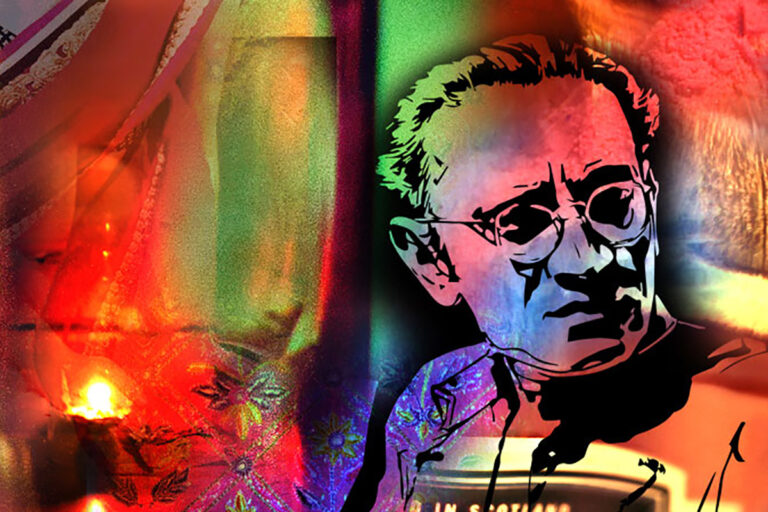
Saadat Hasan Manto, born on May 11, 1912 in Ludhiana in British India, is an enduring literary icon and one of those few people that both India and Pakistan see as their own. However, in reality, Manto belonged nowhere, even whilst his art is poignantly treasured on both sides of the border.
Janata Weekly is India’s oldest independent socialist weekly.
Ever since its founding in 1946, Janata has voiced its principled dissent against all conduct and practice that is detrimental to the cherished values of nationalism, democracy, secularism and socialism, while upholding the integrity and the ethical norms of healthy journalism. For more than seventy years now, week after week, it has continued to analyse the changes taking place in the country and the world from a socialist standpoint, and thus promote the spread of socialist ideology in the country.
Address: D-15, Ganesh Prasad, Naushir Bharucha Marg, Mumbai- 400007.
Help us increase our readership.
If you are enjoying reading Janata Weekly,
DO FORWARD THE WEEKLY MAIL to your mailing list and
invite people to subscribe for FREE!